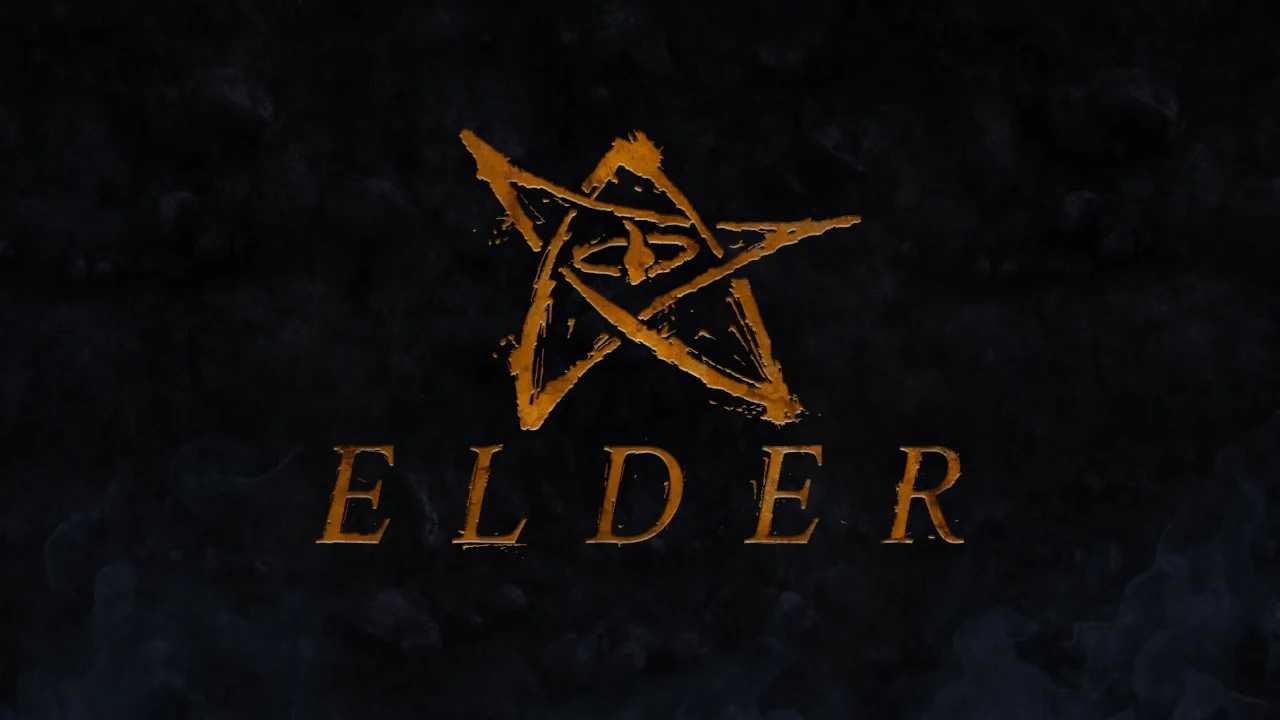ChatGPT and the Future of RPGs
Don't worry, I wrote this one myself
I recently dipped my toes into the post-cyberpunk apocalypse we all fear is coming. I tried ChatGPT. Given that it seems poised to become a mandatory technology in the next few years, much like social media and email have over the last twenty, I thought it best to at least familiarize myself with the technology. While the applications of AI-generated text are numerous, I want to focus on what it means for the TTRPG space specifically.
Some Experiments
The possibilities of using ChatGPT didn’t come home for me until I got a message from somebody in my regular D&D group saying she had tried ChatGPT and discovered that it could plan RPG sessions for her. She was excited, as this meant that she could prep games in no time, and maybe even run that Star Wars RPG campaign she’s been wanting to run forever. Apparently, the time commitment had been holding her back, and ChatGPT could finally allow her to get past that barrier.
So I tried it out myself, to see what ChatGPT could really do in the RPG space. A lot, it turned out. Here is a list of things I tried to get ChatGPT to do:
Create a one page adventure for Dungeons and Dragons 5e featuring a lighthouse, an angel, and elements of Eldritch horror (it did)
Run a combat encounter with an Owlbear using the 5e ruleset (It did, with minor difficulty)
Create an outline for an old-school adventure (it did, twice), and details about the enemies and NPCs
Stat blocks for monsters, using old-school stats (ChatGPT didn’t know the rules very well and seemed to default to 3e/5e stat blocks. Had to convert them by name-dropping the RPG Old School Essentials, which it did recognize)
Created monster stat blocks based on examples from a newer RPG
Create a Fighting Fantasy-style gamebook in only twenty paragraphs (it did, although there were a lot of dead ends and nonsensical pathways)
Narrate a dungeon-crawling adventure game, complete with branching paths and multiple decision points (it did, though lost track of smaller details, could not create solvable puzzles, and sometimes narrated the action for you rather than give you a choice.)
Create an RPG scenario and some stat blocks based on existing franchises (Babylon 5, in this case)
While the technology is still in its infancy, what this tells me is that AI can absolutely create RPG adventures with consistent rules on the fly if programmed to. It may even be able to offer the improvisational experience that real-life GMs offer someday.
AI can also be used as a prep tool by GMs who want a scenario outline, quest hooks, stat blocks, or any other game elements at a moments notice. It can be used by RPG writers to create outlines for campaign books, gazetteers, adventures, and other supplemental materials. It can be used by solo players as an “oracle,” or GM for solo play. It can create gamebooks that accomplish the same thing.
These are all just possibilities that ChatGPT and AI can add to the role playing experience. Perhaps there’s more I haven’t thought of.
ChatGPT, Call of Cthulhu, and Elder
wrote an article recently about using AI - and specifically ChatGPT - for running Call of Cthulhu. The biggest benefit seemed to be ChatGPT’s ability to generate player handouts in the form of in-universe documents. Kyle was able to quickly generate a newspaper article about some mysterious deaths occurring in the game. It only took a little prodding and some tweaking to get a convincing article that matched the tone of a 1920s newspaper, and saved the GM quite a bit of time. It can also be used to generate diary entries and letters, all common tools utilized in the investigation-focused Call of Cthulhu setting. ChatGPT’s ability to mimic different writing styles comes in especially handy here, although it does take some wrangling. You can read his full article below:ChatGPT also helped create links between adventures that might otherwise have little connection. No matter how well-written a single adventure is, it can sometimes be a lot of work for a GM to tie different adventures together in a way that makes sense. ChatGPT is very good at filling empty spaces and making broad connections between things. It’s not great at specifics, but you don’t need specifics to outline a campaign. That’s the GM’s job.
It can also clarify the rules, though take this with a grain of salt as it will often make up facts to fill space. Accuracy and fact making is not its strong suit. I repeat: do NOT rely on ChatGPT to confirm facts of any kind! It’s worse than Wikipedia or Facebook in terms of trustworthiness.
Do NOT rely on ChatGPT to confirm facts of any kind!
On that note, the interesting discovery for me is that Chaosium has released its own AI program called Elder, completely dedicated to Call of Cthulhu. This seems like the most logical evolution of AI to me, as ChatGPT’s greatest weaknesses are its inability to take in context and its habit of making up facts. A program dedicated to a single purpose, whose context is static, and is allowed to pull from a very specific pool of resources is more likely to be helpful than one programmed to simply “sound human.”
I have not tested it, and cannot verify if it works to any meaningful degree, but in theory an AI fed data from Chaosium rulebooks can and should recite passages of those rulebooks with absolute accuracy and give meaningful context without misrepresenting the facts. This would make for an excellent GM tool and reference, make looking up rules in a hurry easy, and give more specific guides on how to create a Call of Cthulhu campaign.
RPGs, AI, and “Immersive Storytelling”
William Bailey, associate producer of Boombox Group, wrote an article on LinkedIn examining different ways AI can reshape RPGs. He mentioned not only ChatGPT, but many other potential AI technologies, such as audio for NPC voices, video for engaging world building, and both art and music for creating atmosphere.
Of course, audio-visual AI are very controversial, with a great many concerns over the use of copyrighted materials in their generation which threaten to put artists out of work using their own art as a weapon. The technology Bailey mentions is not only feasible, it is likely to start gaining traction very soon, regardless of concerns. How we use it is up to us, but it is important that we be prepared for the conversations ahead.
A List of AI Tools for Solo RPG Play
Thanks to Reddit user duncan_chaos, we have a list of RPG-focused AI technologies that have already appeared.
AI Tools for Solo RPGs (Day 23 of 31 Days of RPG Solo Gens)
by u/duncan_chaos in rpg_generators
Let me be clear that this is NOT an endorsement of these or any other AI programs. I have not even tried most of these, I simply provided this list as an example of just how many AI programs are cropping up, and provide a means of researching the potential future of AI for RPGs.
AI Dungeon is an interesting suggestion. Supposedly an AI-generated RPG with infintie possibilites, the truth is AI Dungeon is terrible at delivering an enjoyable experience. It has no rules, keeps no consistent memory or variables, and is so free-form that adventures quickly become nonsensical.
There are other programs for generating NPCs, character dialogue, and story prompts. While I do not recommended using these for commercial work, the possibilities for personal use, especially in Solo RPGs, are interesting.
Conclusion?
Should we be scared? Maybe. An AI is no replacement for playing with friends, no matter how good it gets at improv (at least until AI becomes Bladerunner-level intelligent and we have to start taking its feelings into account). AI can aid in campaign planning and running, but right now it lacks the specificity of actual writers, and will likely always need editors to make sure that what it comes up with is valid.
I could take the optimistic approach and say that it will provide a tool that makes the work of writing RPGs faster, but that’s not as optimistic as it sounds. Faster output means higher standards for production. People who use ChatGPT and crank out quality adventures will start to outshine home brewers who create everything by hand, and companies like WotC will refuse to hire anyone that can’t produce ten adventures a day, for example.
Like previous technological advancements - the internet for example - AI will not make our lives better, it will simply make them different. And there will be pros and cons. Right now, I’m not excited about the future, but I’m having fun playing with ChatGPT and seeing what I can squeeze out of it.
Anybody have their own experiences using ChatGPT in gaming? Fears I haven’t touched on, uses I haven’t thought of? Please let me know down in the comments.







It’s really great for prep. It also helps a lot with research (with care) and for a non native grammar and style. I’m still on the fence about how much use is too much for something you’re selling.
Thought provoking!